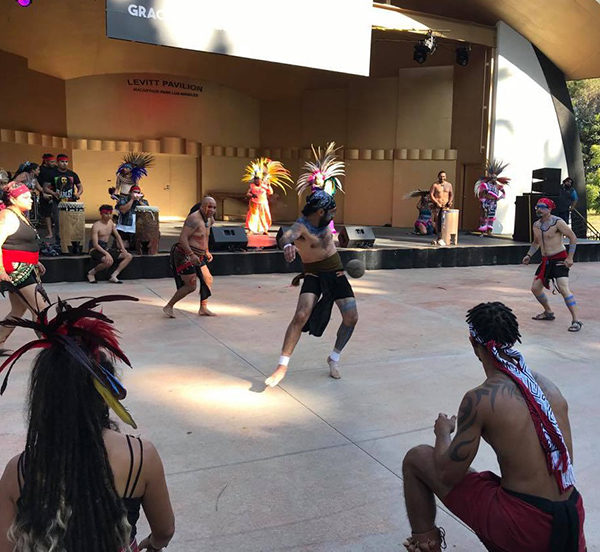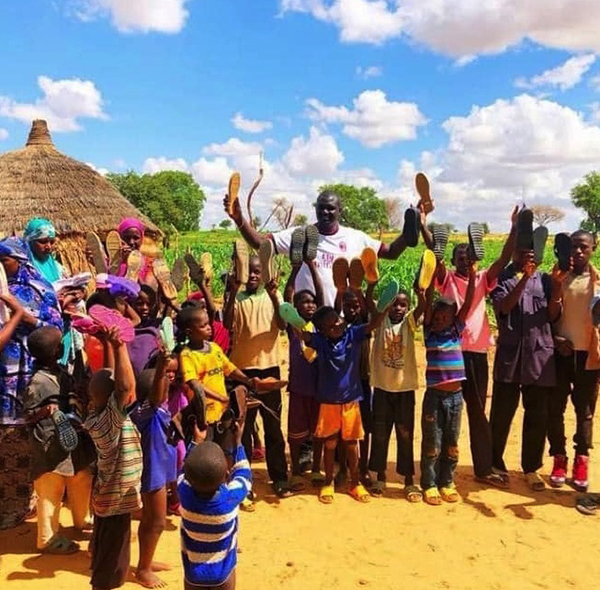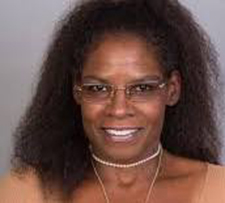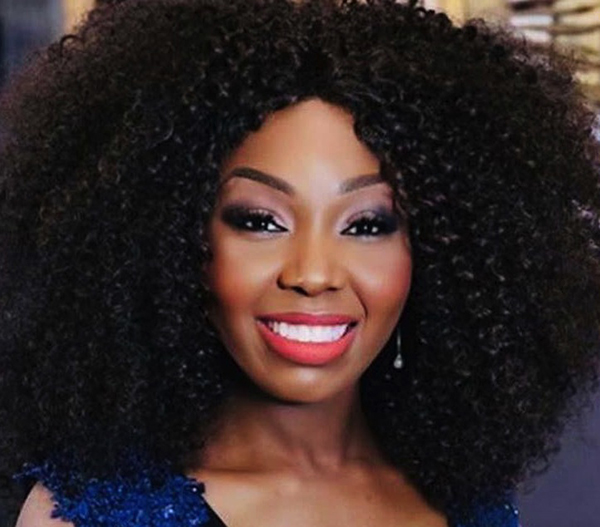By Darlene Donloe
Contributing Writer
If ever there was anyone proud of their heritage, it’s Sara Zapata Mijares, the founder of Mundo Maya Foundation.
Mijares, 67, who hails from Yucatan, Mexico, and moved to Los Angeles 52 years ago, said the mission of the Mundo Maya Foundation is to inspire cultural diversity through education and engagement of local and global communities.
One of the goals of starting the foundation, Mijares said, was to ensure that people from the Yucatan Peninsula in Mexico now living in Los Angeles would hold on to their traditions by instilling in them a sense of pride about their Mayan heritage.
Mijares, who didn’t want to be a traditional elementary teacher like her grandparents, mother and siblings because it “wasn’t my calling,” left Yucatan when she was 15 to finish junior high school and live with her father, a legal resident who was working in the fields in California as part of the Bracero program.
The Bracero program (from the Spanish term bracero, meaning “manual laborer” or “one who works using his arms”) was a series of laws and diplomatic agreements, initiated on Aug. 4, 1942, when the United States signed the Mexican Farm Labor Agreement with Mexico.
The idea for the Mundo Maya Foundation came to Mijares when she heard her father’s voice in a dream. When she woke up and looked out the window, she saw a Chiclero Campground.
“That brought back the memories of growing up with my dad,” said Mijares, who added before she moved to California, there were times she’d only see her father twice a year. “I then had a concept of Mundo Mayan to honor my dad. I also wanted to honor the rest of my family. I wanted my children to understand where I was from. Mundo Mayan is dedicated to promoting and preserving Mayan culture in Los Angeles.”
Mijares started the organization with a small group of people from Yucatan. Throughout the years it has grown and attracted a lot of people.
“We’ve done great things with just a little money,” she said.
Mundo Maya Foundation promotes gastronomy, technological advances and ancestral traditions of the Mayan culture across Mesoamerica. It is described as a socially responsible nonprofit that shares common values dealing with humanity and respect for all, based on its indigenous heritage.
“We come from a culture that is very much related to earth and space,” Mijares said. “The Mayans were great astronomers, they were into geometry, architecture and they were scientific. By observation and by recording, they know that one of their calendars is based on the cycle of the moon. The cycle of the moon is 28 days and the cycle of the woman is 28 days.
“They also knew when they observed the sun, they recorded the Equinox. The Spring Equinox is the cleaning of the ground and the fields for planting. They knew about taking care of what Mother Earth gave us. They were very studious people. They were great writers and warriors. We have to preserve that.”
Mijares said she is “proud to come from these people” and wants others from Yucatan to feel the same way.
“I know the Mayans connected with the ground,” Mijares said. “If I treasure the water I drink and respect the earth, I instill that in my children and my grandchildren. I grew up in a small town where there is no electricity. We had to go get firewood.
“If we wanted to take a hot shower, we had to go to the well and leave the water out in the sun. We drank water from the well. All of that gave me a foundation of respect. I want to protect the inheritance.”
Karla Silva, Mundo Mayan Foundation’s communications director, calls herself “a cheerleader of the work Sara does.”
Silva, who studied in Mexico, said seeing people like Mijares putting out an effort that was good for the community, gave her the impetus to work for the organization, which was a “way I can help to support” its work.
“Promoting the arts, culture, and preserving tradition and creating awareness is part of the good work that happens,” Silva said. “We show people there is a need to preserve Mother Earth. We promote tourism and conscious tourism. The Mayan language is still being spoken. It’s about preserving and learning from those traditions.”
Silva said one of the things she admires about Mijares is that “she doesn’t take no for an answer.”
“She works hard and is highly respected for her work,” Silva said. “She works tirelessly to get things done.”
Over the years, Mijares has worked with the Mexican Consulate, Assemblyman Miguel Santiago, the Heart of Los Angeles, and anyone else “who believes in preserving our culture.”
According to Mijares, there are about 150,000 Yucatans living in the Los Angeles area, which she considers a small percentage compared to other Mexican states. She said there are about 2.4 million Yucatans in Mexico.
“Our population is a lot and not a lot,” said Mijares, who wants Yucatans to “have a voice.”
“But, still, what we do here is very important. After the money that is tendered and sent to Yucatan, we are second in terms of contributing to its economy. First is tourism.”
The Mayan culture that Mundo Maya Foundation wants to preserve includes its food, style of dress and technology.
Silva, 52, said traditional food includes Cochinita Pibil, which has a tomato base and is cooked underground and looks like shredded pork. There is also Pambazo, a kind of dough and salbutes.
Traditional dress includes guayabera (embroidered white shirt) for men and terno (white dresses with multicolor flowers) for women.
On the second Sunday of each August, Mundo Maya Foundation hosts a public Mundo Maya Festival near the Mexican Consulate in MacArthur Park. The purpose of the event is to instill pride in the Mayan community of Los Angeles by showcasing the multiplicity and complexity of the Mayan culture.
Described by Silva as a family event, the festival includes food, art, folklore, speakers and marimba music.
“It’s a very touching event,” said Silva, a Mexico City native. “It’s about being grateful. We highlight people in the community.
“Last year it was virtual and lasted about five hours. It’s important to preserve our roots. We are an ancient civilization that still has a lot to give to the world, which is why we promote the traditions. We try to reach people to share our culture and traditions.”
For Mijares, the festival is about more than entertainment. Her goal is to encourage her community members to exercise their rights and get their voices heard.
“The festival is a way to connect with the Mayan diaspora and get them to be vocal participants in their communities,” she said.
Mundo Maya countries include Guatemala, Honduras, El Salvador, Belize, and the southern and western provinces of Mexico.
Mijares wants everyone to be proud of who they are.
“We can now wear our clothes and not worry about the way someone looks at us,” said Mijares, who added there was a time when she would wear her native clothes and often be asked, “what restaurant do you work at?”
“I have my identity and I’m proud of it,” she said. “Everyone here has gotten used to seeing our native clothes, so it doesn’t happen anymore. Now, they don’t do that. I come from Yucatan. It wouldn’t bother me anyway because I don’t question who I am. I know who I am.”
Darlene Donloe is a freelance reporter for Wave Newspapers who covers South Los Angeles. She can be reached at ddonloe@gmail.com.
“Making a Difference” is a weekly feature profiling organizations that are serving their communities. To propose a “Making a Difference” profile, send an email to newsroom@wavepublication.com.












